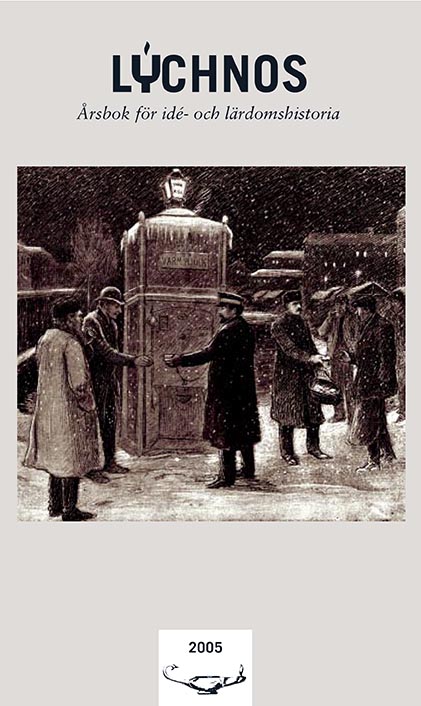Törnrosa och myten
Vetenskapshistoriska ledtrådar i Kinder- und Hausmärchen
Abstract
This paper proceeds from a polarization that still endures in the contemporary study of myth. As a consequence of this polarization, students of myth are either expected to emphasize the performative aspects of myth in ethnographical settings, with less attention to printed sources, or the narrative–taxonomic patterns of ”printed” myths, with less attention to their textual formation. Both strategies apparently fail to appreciate the performative qualities of the textual formation.
In the light of these circumstances, a neglected aspect of the Brothers Grimms’ editing of Kinder- und Hausmärchen (KHM) is approached with the twofold aim of 1. tracing recurrent modes of thought in the contemporary study of myth, and 2. demonstrating that the ways in which the Brothers Grimm understood and executed their task by no means elude the actions and reactions of tradents in living oral traditions. While the first part of the paper, ”Sleeping Beauty and the flag on the shield-wall”, explores the implications of an emendation in the second edition of KHM (1819), the second part, ”Myth, language, and letters”, delineates some of these implications by touching upon the brothers’ – especially Jacob’s – intellectual legacy. As it turns out, important aspects of this legacy derive from the German linguist and mythologist Johann Arnold Kanne (1773– 1824) who, despite an obvious lack of scholarly rigor, seems to have forestalled a mainstay in the structural study of myth.
Downloads
Publicerad
Nummer
Sektion
Licens
This work is licensed under a Creative Commons Attribution 4.0 International License. The copyright for the work published in Lychnos remains with the authors.


